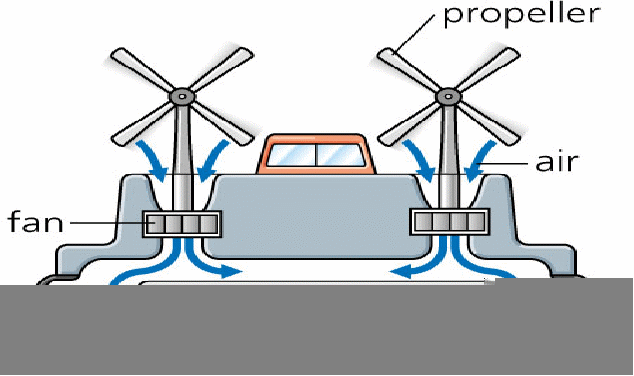Lubrication
Friction is essential for many applications – as in brakes – and a great nuisance in others. Work must be done to overcome friction, reducing the efficiency of machinery. To minimise friction, lubrication of some sort is required. In a car engine for example, oil under pressure is supplied continuously to all the working surfaces. Failure of the oil supply will allow metal to metal contact and the resultant friction raises the temperature and causes the engine to seize up. This happens in the cylinders.
Although liquid molecules attract each other, the can move about quite easily. The result is that liquids can flow not quite freely and layers of liquids can exert forces on each other: liquids are 'viscous'. This is very much less than the frictional forces that solids exert on each other when they are in contact and moving relative to each other. Some lubricating oils contain substance which attach themselves to surfaces to form tenacious slippery coatings. The possibility of metal to metal contact is thus greatly reduced, accompanied by less wear and smoother running.
In some circumstances air can act as a lubricant. Some machine and grinding tools use air. When a final high tolerance finish is required on a piece of machinery, a grinding wheel must be used. Once, oil lubricated bearings were used with very tight clearances, which had to be run for a while – often hours – before they reached a steady temperature , the expansion taking up any slack. With air as a lubricant very tight clearances are unnecessary. Unlike oil which is virtually incompressible, the air forms an elastic cusion which smooths out imperfections as the spindle rotates. There is also the advantage that the constant flow of air carries the grinding dust away. The machines can be sued as soon as they are started, so that production times are shorter.
Some trains run suspended above a single rail, riding a cushion of air, powered by magnetic pulses or jet engines. Hovercrafts ride a cushion of air between themselves and the ground/water.
